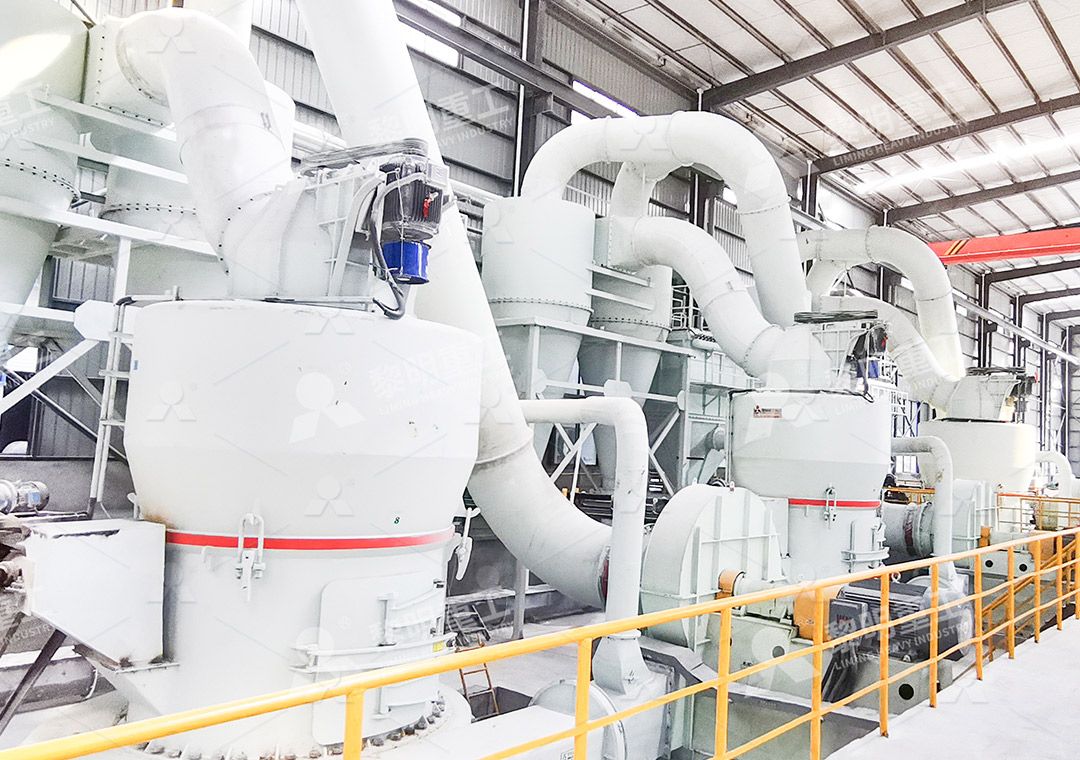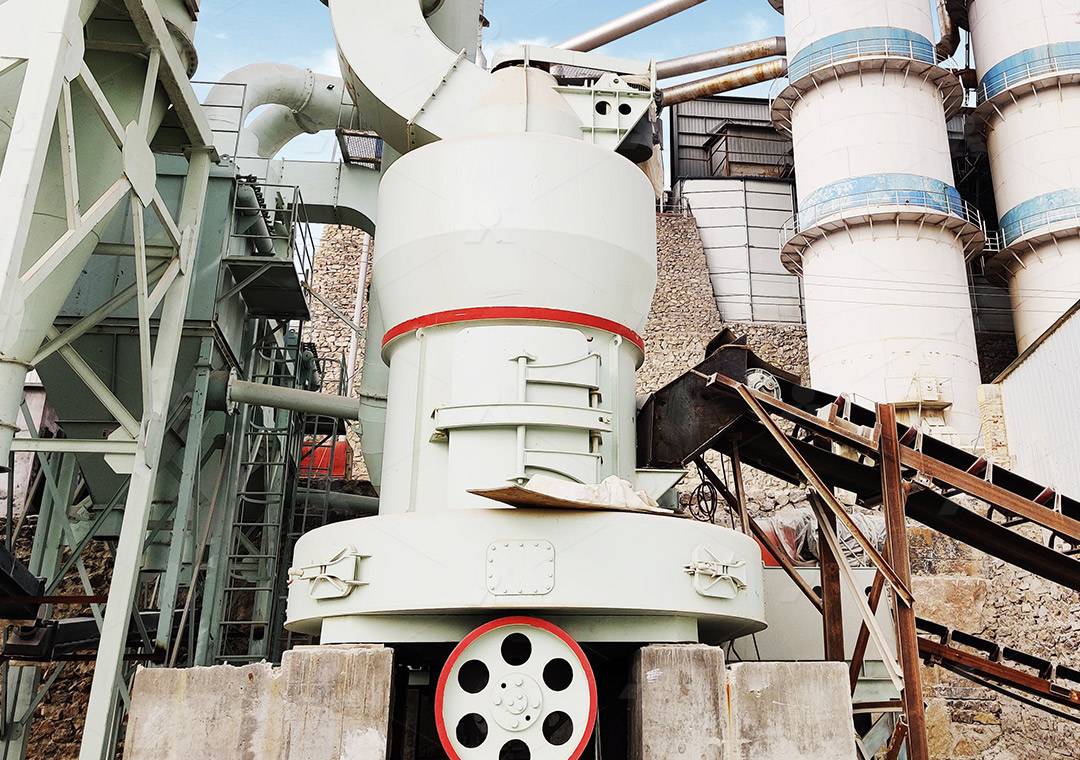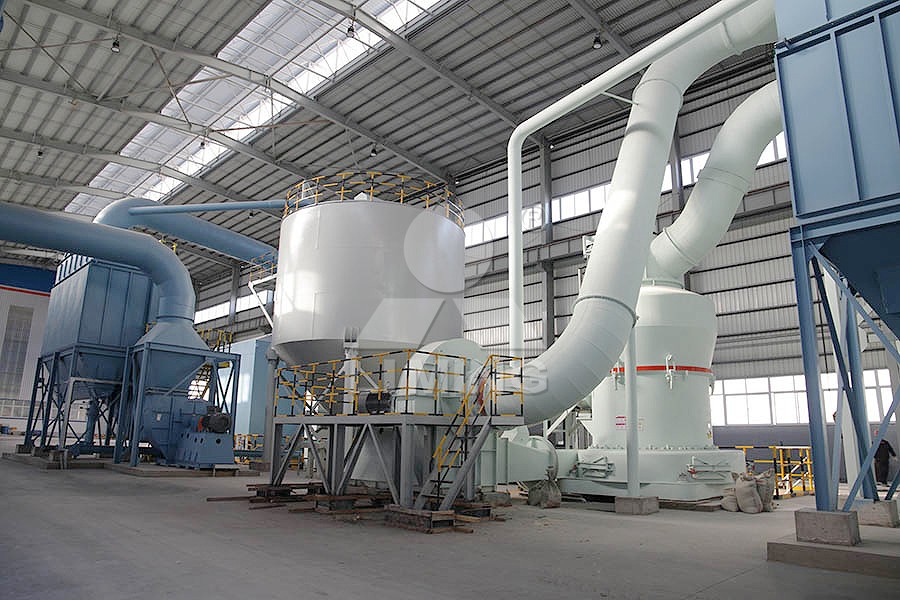Key Advantages of Using Fluorite Grinding Mills in Processing
We provide a wide range of mills — including Raymond mill, trapezoidal mill, vertical mill, ultrafine mill, and ball mill, obtained ISO9001 international quality certification, EU CE certification, and Customs Union CU-TR certification. Suitable for processing minerals such as limestone, phosphate, quicklime, kaolin, talc, barite, bentonite, calcium carbonate, dolomite, coal, gypsum, clay, carbon black, slag, cement raw materials, cement clinker, and more.
The discharge range of these mills can be adjusted to meet specific processing needs, typically from 80-400 mesh, 600-3250 mesh, and can achieve the finest particle size of up to 6000 mesh(D50).
If you are looking for a reliable grinding solution to turn stone or minerals into fine powder, please feel free to contact our online customer service.
Key Advantages of Using Fluorite Grinding Mills in Processing
Fluorite processing demands specialized equipment capable of handling its unique physical properties while maintaining precise particle size control and operational efficiency. The selection of appropriate grinding technology significantly impacts product quality, operational costs, and environmental compliance in mineral processing operations.
Superior Particle Size Control and Consistency
Modern fluorite grinding mills offer unprecedented control over particle size distribution, a critical factor in determining product value and marketability. Advanced separation technologies enable operators to achieve consistent fineness ranging from coarse aggregates to ultra-fine powders meeting specific industry requirements. The precision engineering of these systems ensures uniform particle morphology, which directly influences downstream processing efficiency and final product performance.

Enhanced Energy Efficiency and Operational Economics
Contemporary grinding solutions have dramatically improved energy utilization compared to traditional milling approaches. Through innovative mechanical designs and optimized grinding dynamics, modern mills achieve higher throughput with significantly reduced power consumption. This translates to substantial operational cost savings over the equipment lifecycle, particularly important in energy-intensive mineral processing applications.
Our MW Ultrafine Grinding Mill exemplifies this efficiency, delivering production capacity 40% higher than jet grinding mills with system energy consumption reduced to just 30% of comparable technologies. With an input size capability of 0-20 mm and throughput ranging from 0.5 to 25 tph, this system represents the forefront of energy-conscious mineral processing technology.
Environmental Compliance and Workplace Safety
Modern fluorite grinding installations incorporate comprehensive environmental controls that minimize dust emissions and noise pollution. Integrated pulse dust collection systems capture particulate matter effectively, while specialized mufflers and noise reduction chambers maintain workplace noise levels within regulatory limits. These features not only protect operator health but also facilitate compliance with increasingly stringent environmental regulations.

Advanced Mechanical Design for Reliability
The structural integrity of grinding equipment directly impacts maintenance requirements and operational uptime. Contemporary designs eliminate potential failure points through innovative engineering solutions. The absence of rolling bearings and screws within the grinding chamber of advanced mills prevents common maintenance issues, while external lubrication systems enable continuous 24-hour operation without shutdowns for maintenance.
For operations requiring vertical grinding solutions, our LUM Ultrafine Vertical Grinding Mill offers exceptional stability through double position-limiting technology that prevents destructive impacts during operation. With input size handling up to 10 mm and capacity of 5-18 tph, this mill incorporates the latest grinding roller and powder separating technologies for superior performance.
Adaptability to Various Processing Requirements
Versatile grinding systems accommodate fluctuating feed characteristics and evolving product specifications without compromising efficiency. Adjustable operational parameters allow processors to respond dynamically to market demands, while robust construction ensures consistent performance across varying material conditions. This flexibility extends equipment applicability across multiple mineral types beyond fluorite, including limestone, calcite, barite, and other industrial minerals.

Frequently Asked Questions
What fineness range can modern fluorite grinding mills achieve?
Advanced systems like the MW Ultrafine Grinding Mill can produce powders ranging from 325 to 2500 meshes, with screening rates achieving d97≤5μm in a single pass, providing exceptional control over product specifications.
How do modern mills address environmental concerns?
Contemporary designs incorporate efficient pulse dust collectors and specialized mufflers that minimize dust generation and noise pollution, ensuring operations comply with national environmental protection standards.
What maintenance advantages do newer grinding systems offer?
Innovative designs eliminate internal rolling bearings and screws in the grinding chamber, preventing common failure points. External lubrication systems enable maintenance without production stoppages, maximizing operational uptime.
Can grinding equipment handle variations in feed material size?
Yes, modern mills like the MW series accept input sizes from 0-20 mm and can be configured with multi-head cage-type powder selectors to accommodate specific requirements for yield, fineness, and sieving rate.
What operational cost savings can be expected?
Advanced grinding technology can reduce energy consumption by 30-50% compared to conventional systems while increasing production capacity by up to 40%, delivering significant operational economics.
